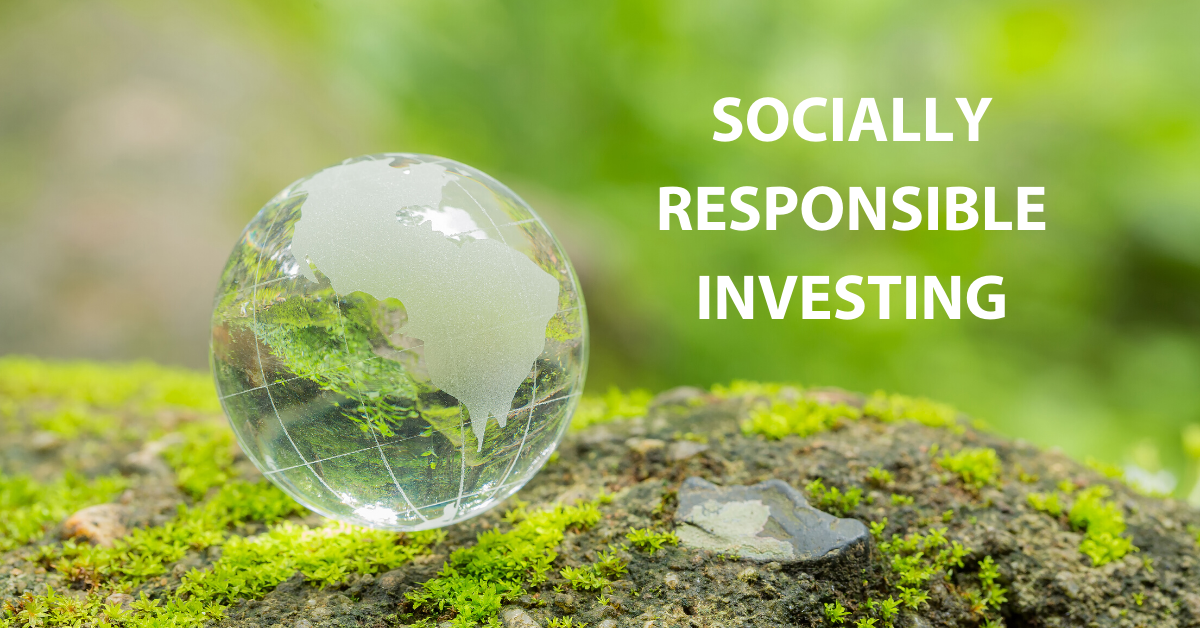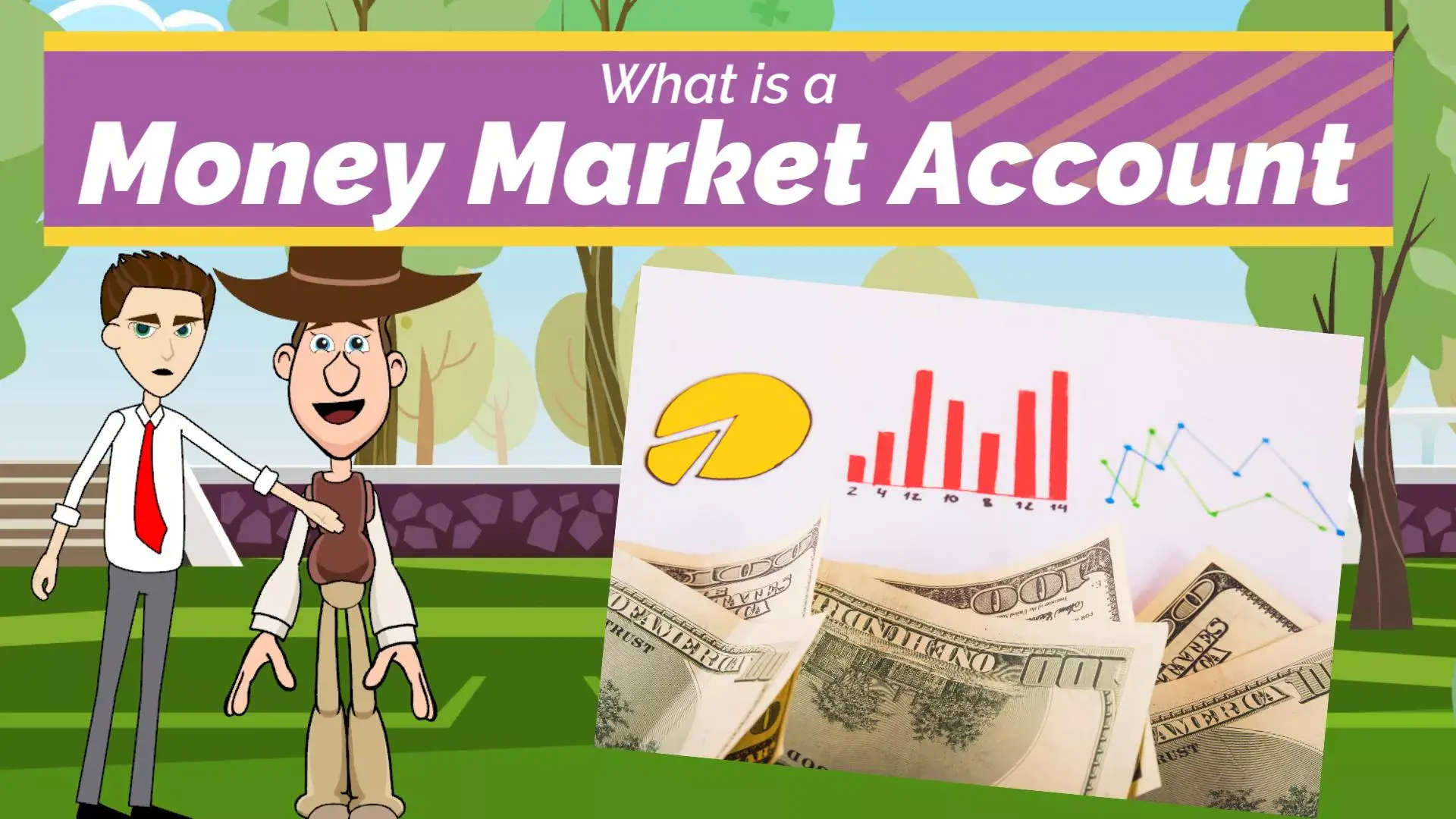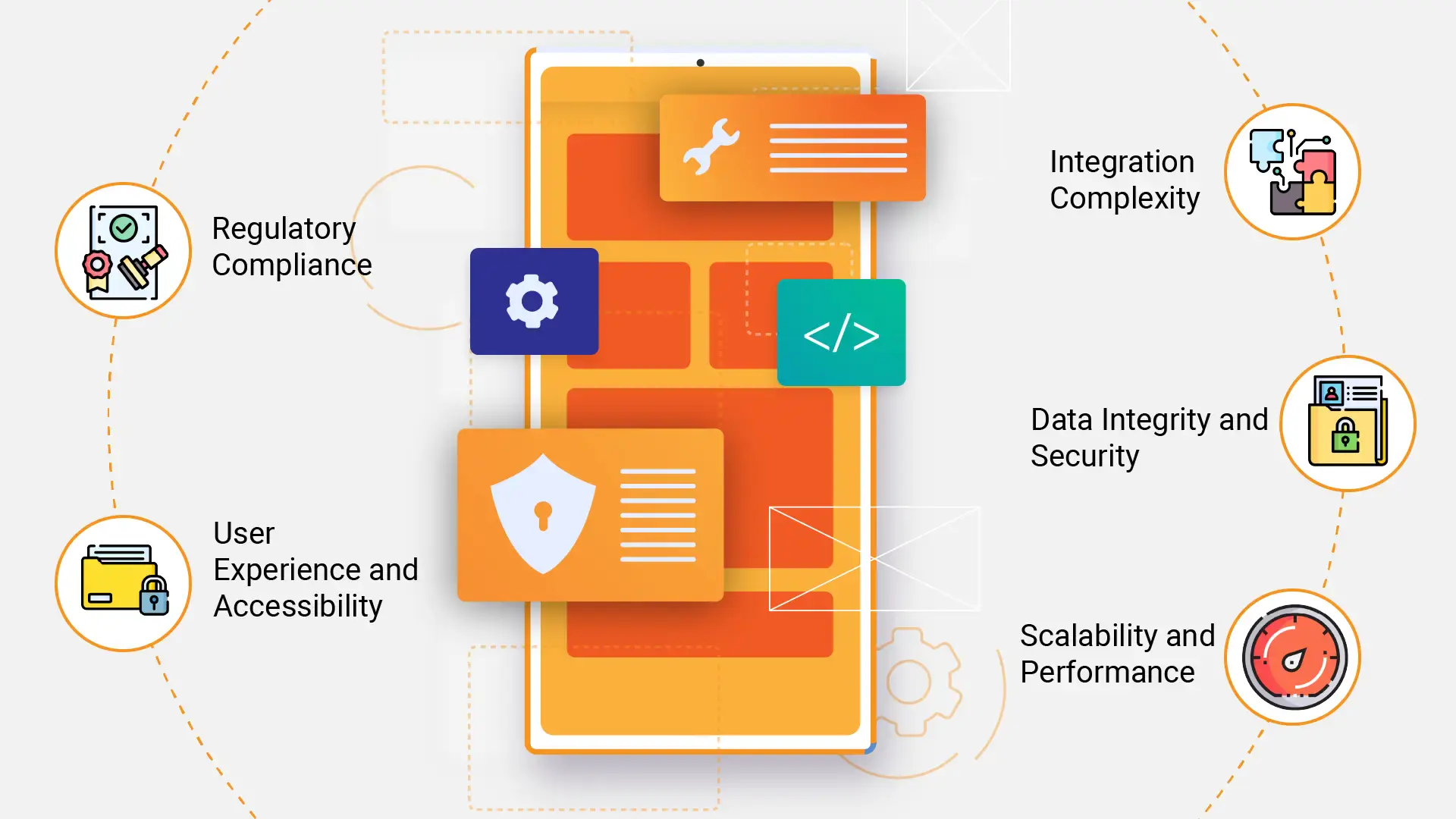Whether you’re building a retirement portfolio, managing a trust, or investing for future generations, ESG investing offers a framework to do good while doing well.
What Is ESG Investing?
ESG investing is a strategy that evaluates companies based on their:
- Environmental impact: carbon emissions, energy usage, waste management
- Social practices: employee treatment, diversity, community engagement
- Governance policies: board structure, executive compensation, ethics
Rather than focusing solely on profit, ESG investors consider how businesses operate in the world—and how that impacts long-term sustainability and risk.
Why ESG Investing Is More Relevant Than Ever
In 2025, ESG is not a trend—it’s a transformation. Here's why:
- Regulatory pressure is driving better corporate transparency
- Millennials and Gen Z are investing more—and demanding responsibility
- Climate risk is now seen as financial risk by major institutions
- Social issues like diversity and fair labor practices affect company reputation
- Governance failures can damage shareholder value in seconds
For many, ESG is a risk management tool and a value alignment strategy in one.
Popular ESG Investment Options in 2025
| ESG Product Type | Key Characteristics | Suitable For |
|---|---|---|
| ESG Mutual Funds | Actively managed, screen companies | Long-term investors, retirement |
| ESG ETFs | Low cost, index-based | Beginners, passive investors |
| Green Bonds | Funds environmentally friendly projects | Fixed income-focused investors |
| Impact Investing Funds | Emphasis on measurable social impact | Purpose-driven investors |
| Thematic ESG Portfolios | Focus on clean tech, diversity, etc. | Investors with specific values |
Most online brokers and robo-advisors now include ESG filters to help personalize portfolios.
Does ESG Investing Impact Returns?
One of the most debated topics is whether ESG investments outperform traditional options. Recent research suggests:
- ESG portfolios often have equal or better long-term performance
- Companies with high ESG scores tend to be more resilient in downturns
- Risk-adjusted returns are improved through better governance
- ESG controversies can lead to sharp market sell-offs in individual stocks
In short, responsible investing doesn’t mean sacrificing performance—it may enhance it.
Challenges in ESG Investing Today
Despite growth, ESG still faces hurdles:
- Standardization issues: ESG ratings can vary between providers
- Greenwashing risks: Some companies appear more sustainable than they are
- Subjective metrics: What’s ethical to one investor may not be to another
- Limited history: ESG fund data often has a shorter performance record
That’s why it’s important to research ESG criteria, understand methodologies, and choose funds aligned with your personal values.
Conclusion: Invest With Impact, Intention, and Insight
ESG investing in 2025 is more than a feel-good movement—it's a smart, data-driven approach to building a future-ready portfolio. As climate risks, social equity, and ethical governance continue to shape the global economy, ESG strategies offer a path toward both financial growth and meaningful impact.
Make your money count—for your future, and for the world around you.









